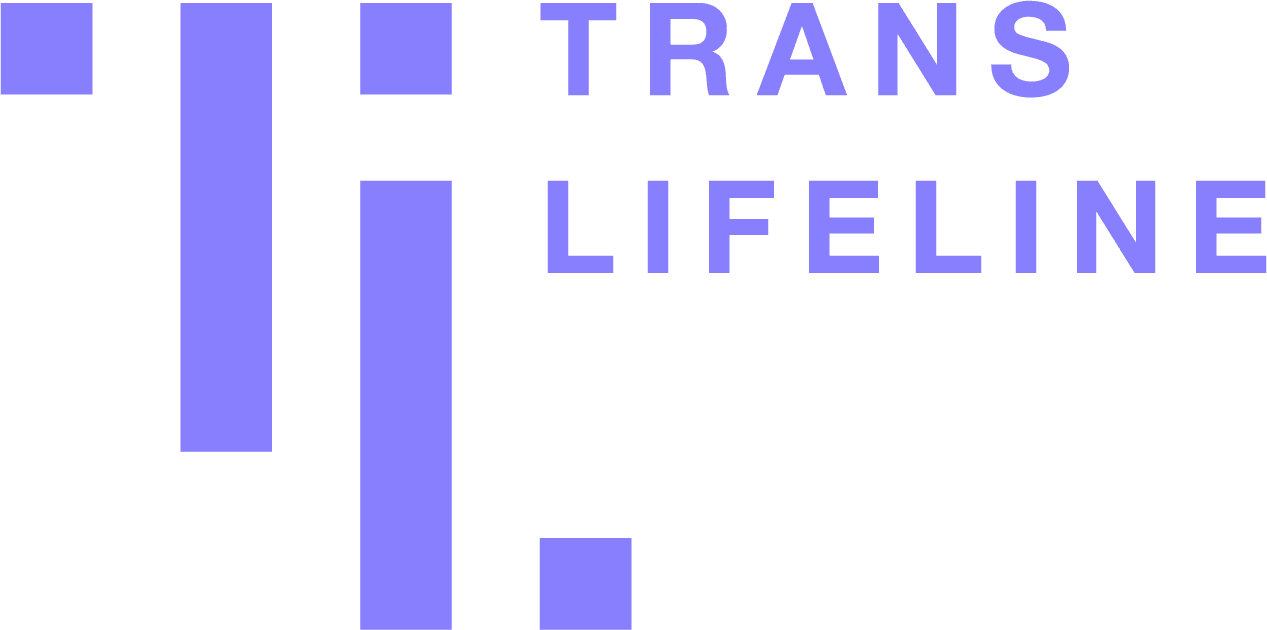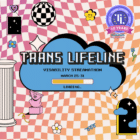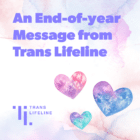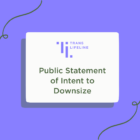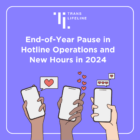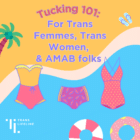Am I trans even if I used to be okay with my birth gender?
“I didn’t always feel transmasc. When I was younger I was a very feminine girl. It wasn’t until I got older that I started questioning gender roles and then my gender identity later on. The trans narrative I always hear is always along the lines of “I always knew I was actually a boy/girl”. My experience feels more fluid. I used to feel like a girl, but now I feel more comfortable calling myself non-binary transmasc. But I don’t feel trans enough. I feel like a fraud and an attention seeker because I don’t have the same experience as other people. Can I still be trans even if this is my experience?”

Like most other trans folks, you may not feel reassured or seen in the popular depictions of transness, but this doesn’t mean you’re not trans. Trans people aren’t a monolith—our community is diverse, and so are our experiences. But due to trans erasure, that diversity is usually underrepresented. And without access to peer support and representation, it’s hard to find trans role models, mentors, and friends who could help us expand our understanding of transness.
Because of this, trans folks have often clasped on to the few examples of representation we could find, even if those narratives were inadequate in describing our personal experiences. For a while, the only stories about trans people that would be given a platform were the ones that catered to the tastes of cis people.

For instance, one reason the “I’ve always known” narrative is so popular is because it’s easier for cis people to understand that perspective. For cis folks, the gender they first associated themselves with also happens to be the gender they agree fits them. When it comes to trans people, some of us have always known which gender we are, but many trans folks haven’t.
Trans people are also popularly portrayed in the media as confused, attention-seekers, and frauds. As a result, a lot of trans people have anxiety that either we are “not trans enough” or that other people might perceive us that way. This is an example of internalized transphobia—which is when a trans person believes in or does something that supports anti-trans attitudes. It makes sense that we internalize the messages we receive from society about ourselves. Still, internalized transphobia harms trans folks’ well-being and triggers negative emotions like shame, anger, and worthlessness.

Despite mainstream narratives, there is no one correct way to be trans, and you do not need to prove your transness. Your gender journey does not have to follow a specific storyline to be valid—it can be an ongoing experience of self-reflection, learning, and growth. It doesn’t matter if you’ve always known or just realized it yesterday after dinner. Being transgender simply means having a different gender from the one you were assigned at birth. If this describes your experience, then you’re trans. Period.
Recent
- Press Release: Trans Week of Visibility Streamathon

- An End-of-year Message from Trans Lifeline

- Navigating Change: Trans Lifeline Initiaties Restructure for Long-Term Resilience

- End-of-Year Pause in Hotline Operations & New Hours in 2024

- Tucking Guide for Trans Femmes, Trans Women & AMAB

